It’s a quiet Nevada night. A rare coyote will run to the middle of the Mojave. Only in the distance there are golden flashes, and then it’s not lightning, then the city of Las Vegas invites the servants of Moloch and Mammon to see the new costume of the King. In August 1969 alone, Elvis gave fifty-eight concerts at the Vegas International, while his manager Colonel Parker squandered money in a “point” at the tables of neighboring establishments.
Parker’s monologue is the red thread of Baz Luhrmann’s latest opus “Elvis”. Luhrmann enthusiastically hangs beads of facts, half-truths, splints and cabaret fantasies on this thread. The colonel, performed by Tom Hanks, is a very unambiguous character here: a rubber bill makes him look like a hybrid of a vulture with Mephistopheles, and a fixed gaze, coupled with unctuous speeches, is exposed as a manipulator of the level of the Father of Lies himself. What is missing is the self-irony of Karabas performed by Etush.
However, the other actors are just as one-dimensional. Presley cries to Mom, mom cries to Heaven, Hank Snow is more pious than Moses, BB King is wiser than Solomon. By the way, the role of Elvis in the movie “Elvis” is secondary, Satan, sorry, Tom Parker rules the ball here.
Somewhat mawkish Austin Butler (Dead don’t die) copes well with stage movements, but completely forgets about the crooked grin, and in tearful moments his face stretches out, imitating Eeyore’s donkey. According to the established tradition, Butler, who is also a musician, adequately pulls out the high-speed Baby Let’s Play House and the hoarsely aggressive Trouble, while in numbers requiring a larger range (If I Can Dream, for example), the original vocals are left. And, of course, Luhrmann wouldn’t be a Base if he hadn’t stuck a couple of sonic anachronisms in his canvas. It worked at the Moulin Rouge, didn’t it?
And Baz saddles the same cow as in The Great Gatsby, filling the streets of Memphis in the 1950s with indistinct hip-hop from rappers with pet names. The picture at the same time remains juicy, almost carnival, reminiscent of the late Tim Burton. Style, color and the sun with a patchwork blanket wrap up feelings of hopelessness and impending catastrophe, which from the first frames, like chthonic creatures, tend to break out.
Deftly changing accents, Luhrmann manages to tell a completely different story of the King’s life, like his Tom Parker, lies, operating exclusively with the truth. A curious approach is the story of Pinocchio on behalf of the owner of the puppet theater: the puppet will turn into a log when winter comes, and the golden key fits only the door painted on the wall, hidden behind the hearth painted on the canvas.
When the last credits run away, a bitter aftertaste remains. And the desire to return to watching in search of the magic that the real Elvis Presley possessed. They were already trying to fit his life on the screen: the TV movie Elvis (1979) with the brilliant Kurt Russell (Kurt himself, being a schoolboy, starred in the Elvis movie “It Happened At The World’s Fair”) obviously lacked a budget, another 2005 TV show with Jonathan Rhys Myers copied all the steps of the recent “Walk The Line” up to before Robert Patrick as a dad.
The snide “Elvis and Nixon” turned out to be much more successful, and the Sun Records series is already good because it tells about the studio that gave the greatest rock and roll singer a way into life. The book “The Last Train to Memphis” by Peter Guralnik, the main researcher of the life and work of Elvis, is recommended for the most enthusiastic.
It is impossible to understand and even more impossible to squeeze the phenomenon of genius into a two-hour vignette. Especially if the director is a choreographer. And Tom Hanks, having changed his beak to a potato, played Gepetto in the new Pinocchio. Elvis has left the building, ladies and gentlemen.

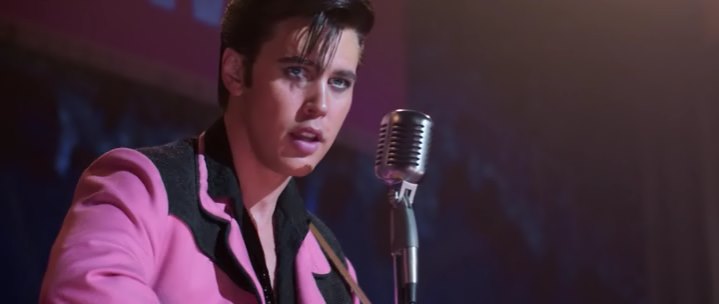
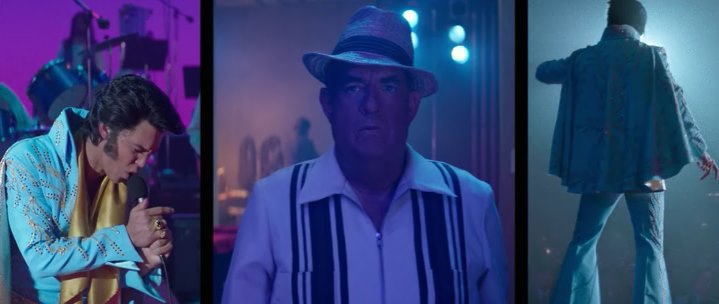
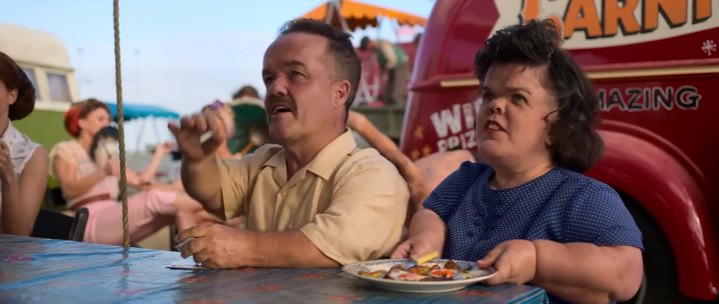
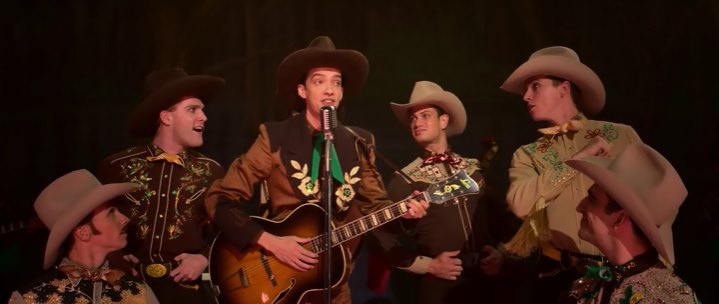

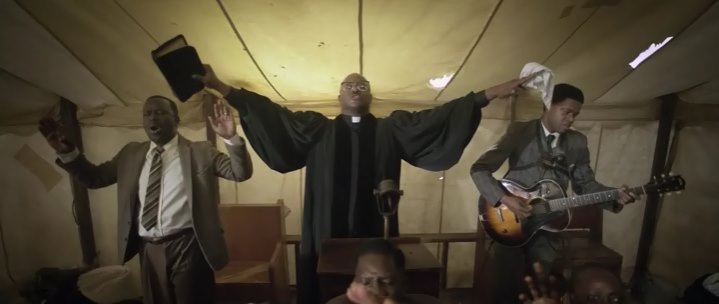
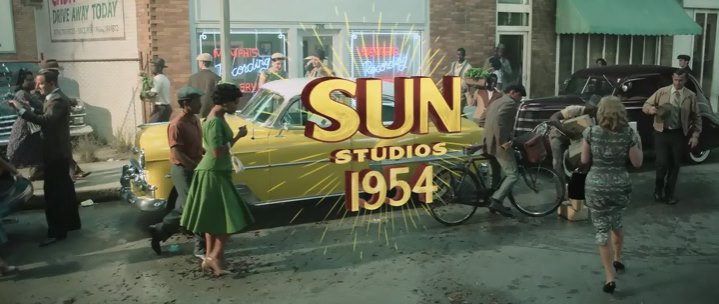
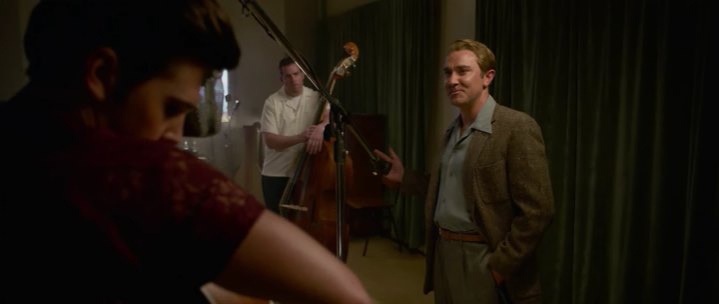
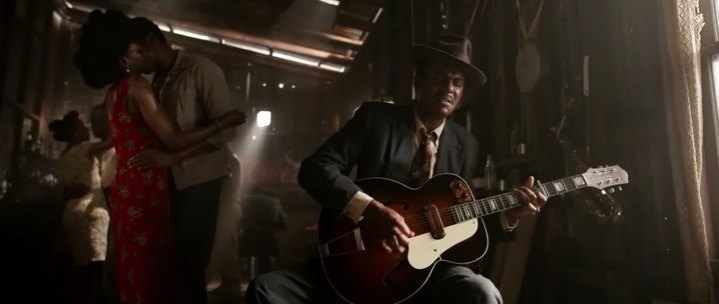
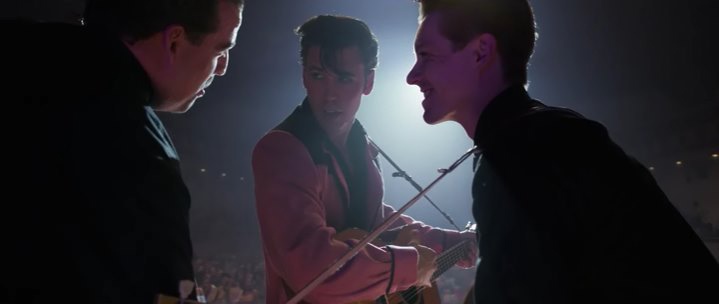
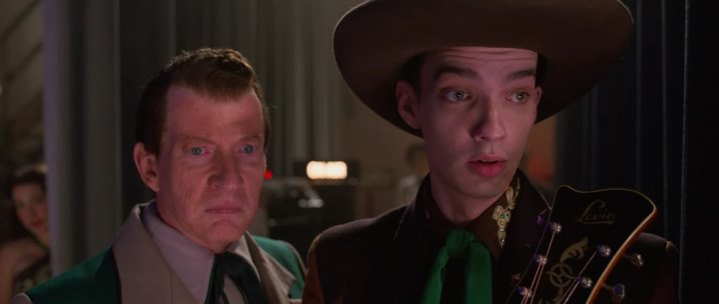
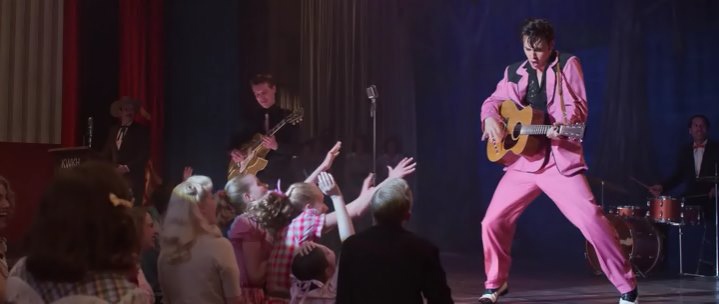
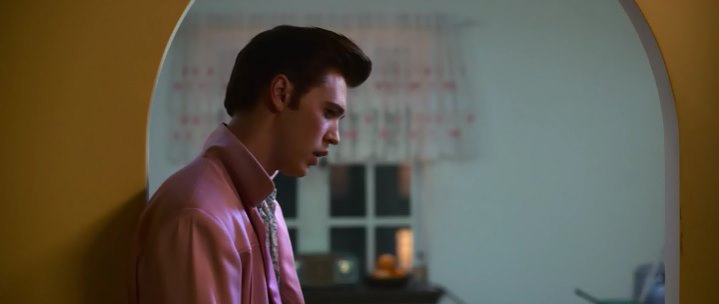
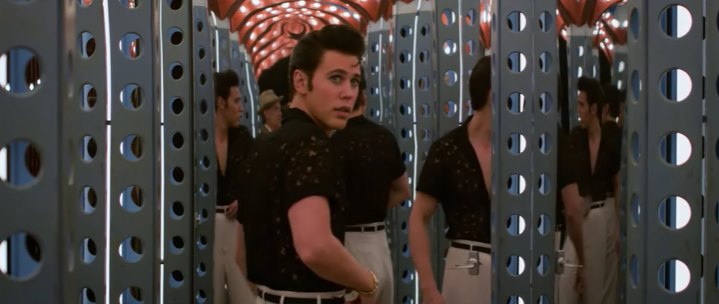
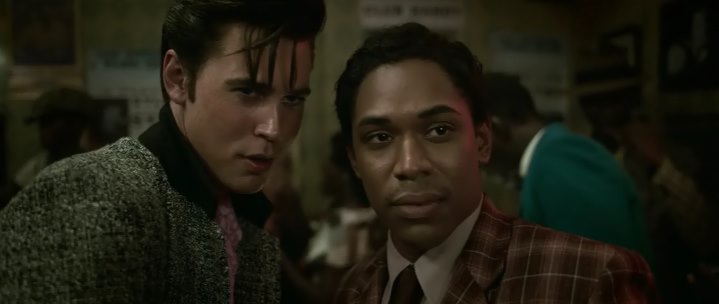
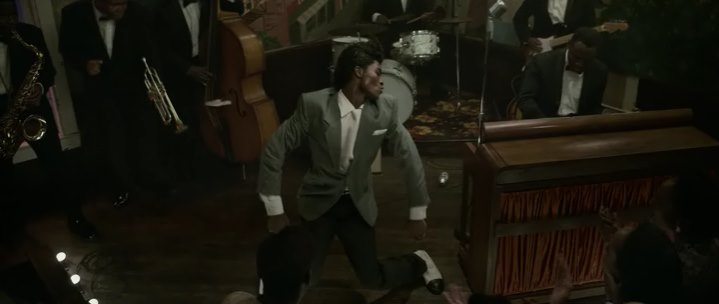
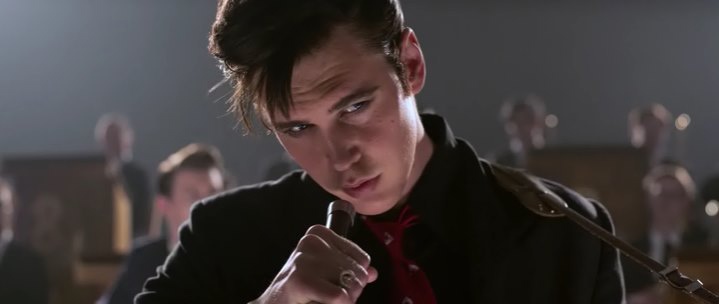
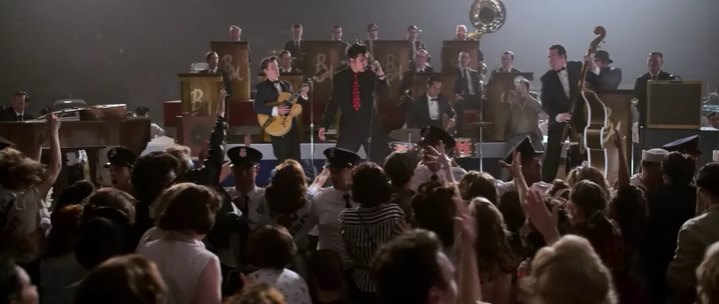
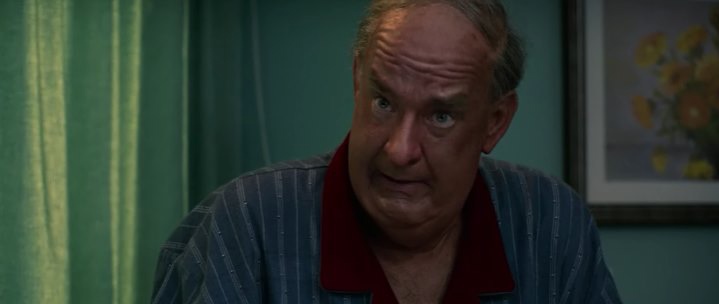
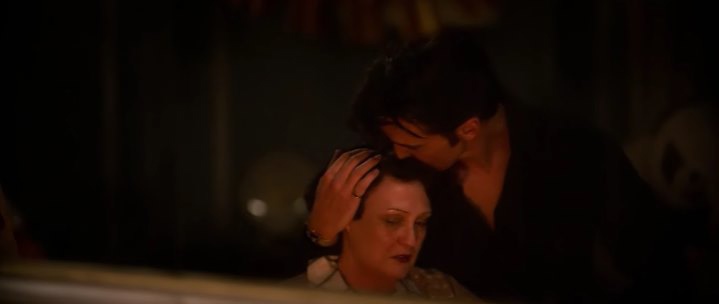

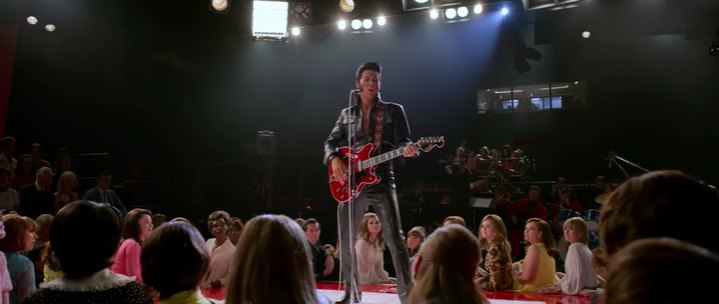
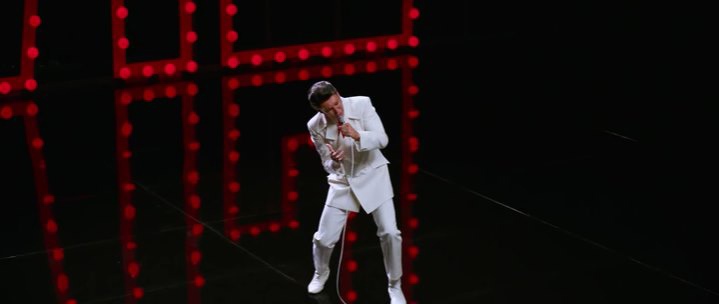
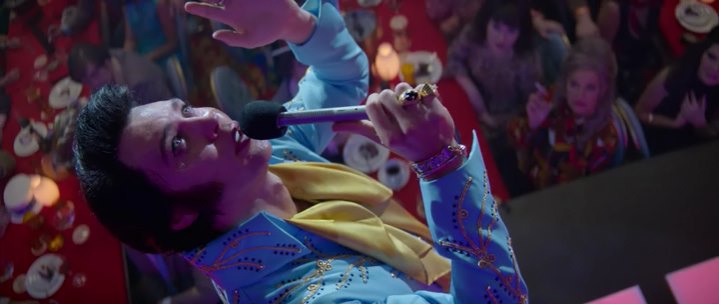
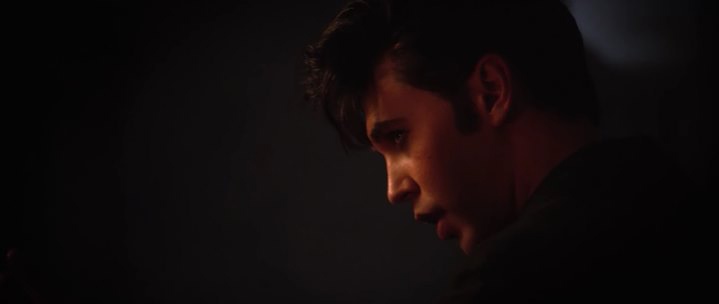

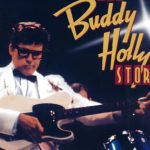
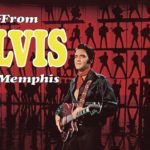
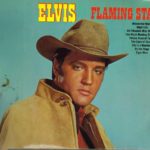


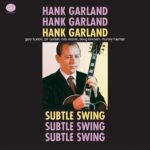





I watched this new Elvis movie with grief in half.
It’s not much of a movie, I’d say it’s pop. I won’t watch it a second time. They didn’t reveal Elvis’ identity there, they pulled excerpts from his life and that’s it. It seemed that the director of the film wanted to take revenge on Elvis’ manager for robbing him. There is a clear negative in his direction from beginning to end. One of the advantages of the film: there are some beautiful scenes from life, vividly shown. But not much.
Personally, the poster alone discourages me from watching. And I also thought that Kurt Russell in Carpenter’s film turned out to be too painfully painted.